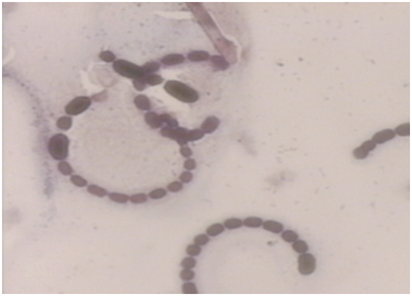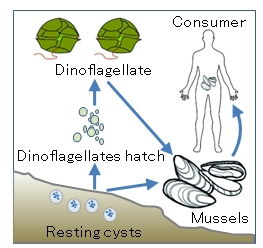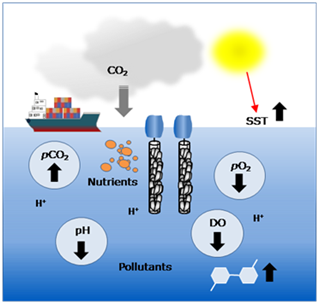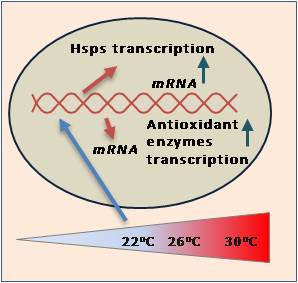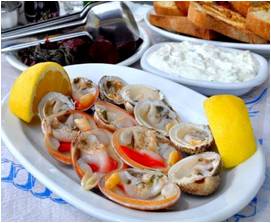Global climate change and mycrocystins - An emerging threat for human health and mussel farming in Greece?
Global climate change, nutrient enrichment of water bodies and eutrophication are among the factors that have induced cyanobacterial blooms worldwide. The abundance of potential toxic cyanobacteria species is prone to the production of secondary metabolites, the cyanotoxins. Microcystins (MCs) are the most common group of cyanotoxins, with high toxicity and they are considered emerging toxins. A four-year microcystins’ assessment was conducted from 2013 to 2016, in farmed Mediterranean mussels M. galloprovincialis, throughout five sampling areas in the Thermaikos Gulf, in northern Greece, where the 90% of Greek mussels’ farming activities is located. The isolation of potentially toxic cyanobacteria was confirmed by molecular methods. An initial screening was performed with a qualitative and quantitative direct monoclonal (DM) ELISA and results above 1 ng. g-1 were confirmed for the occurrence of the most common microcystins-RR, -LR and -YR, by Ultra High Performance Liquid Chromatography (UHPLC) coupled with a high- resolution mass spectrometer (HRMS) (Orbitrap analyzer). Microcystin-RR and microcystin-LR were detected, while the intensity of microcystin-YR was below the method detection limit. Most samples that exhibited concentrations above 1 ng. g-1 were detected during the warm seasons of the year and especially in spring. Scientists worry about this phenomenon and underline the emerging need for fast surveillance, accurate diagnosis, forecasted disease risk assessment and real-time monitoring for understanding the seasonal appearance of microsystins in the farmed mussels. It will help tremendously in responding quickly and developing actions to avert crisis.
Kalaitzidou P.M., Nannou I.C., Lambropoulou A.D. et al. (2021). First report of detection of microcystins in farmed Mediterranean mussels Mytilus galloprovincialis in Thermaikos gulf-Greece, using ELISA and liquid chromatography high-resolution mass spectrometry. J Biol Res (Thessalon). 10; 28(1):8. DOI: https://doi.org/10.1186/s40709-021-00139-4




